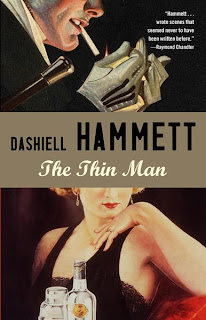STATUS: Feeling pretty good about what I accomplished today.
What’s playing on the iPod right now? FEVER by Michael Bublé
I’m in a philosophical mood tonight. I’ve been thinking about agents and the different places we can be in our careers. I’ve been chatting with agent friends who are starting to build their lists. I’m chatting with agent friends who have been around for 25 years. I’ve been chatting with agent friends who are in what I would call mid-career—right around 10 to 15 years.
And what’s clear to me is that there are agent stages.
Stage 1: The new agent who is building his or her list. What’s most important to this person are these things: a) finding projects that will sell, b) establishing one’s taste, c) teaching editors that one’s opinion can be trusted.
There are a lot of lessons to be learned in this stage. After all, every agent I know has a story of an author they took on but probably shouldn’t have. We also have a story of the author we sold for little money and then the client exploded and did well.
Stage 2: The building agent. This is an agent with a few years under his or her belt. Some success. Is really building into a player. Now this to me is the most interesting stage to contemplate. Everything is crucial in this phase of the agent’s career.
And nothing strikes me as more crucial than an understanding of how many clients a given agent can take on and represent well. This number will obviously vary for different people and for different reasons.
For me, I’ve always been careful (and pretty picky) about what I’ve taken on but I can feel a shift happening. I have 30 clients currently. I’m not convinced that I’m “full” per se. There is always room for that project that just sweeps me off my feet and I’m really excited about. Or there’s room for a project in a field I’m looking to continue building my reputation in (such as SF&F which has been a slow build at my agency).
But there’s not room for just any project I know that will sell. It really has to blow me away to have me contemplate taking on a new writer because I know that the time I give to this new writer must balance with the time given to current clients.
So what’s interesting to me as of late is that I’m passing on a lot of projects that when I respond to the writer, I tell them I’m pretty sure this is going to sell but I’m not going to be the agent doing that sale. And a bit about why.
Is there a point to this entry? Not sure actually. The point might be that newer (and often times younger) agents have lists to build. Your odds of landing an agent as a debut author might be a little higher when an agent is hungry.
But let me tell you, even established agents, agents with “full” client lists love the day when they read a full manuscript they can’t live without. That feeling, that discovery desire, never goes away. There’s always room for that magic project—which is why writers shouldn’t give up on established agents either.
More about a couple of other stages tomorrow.

